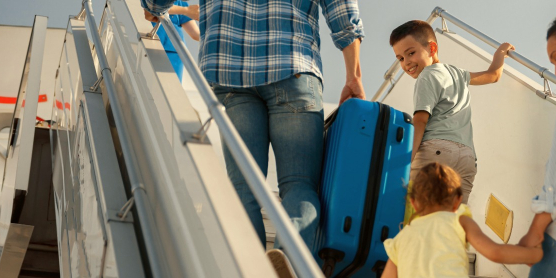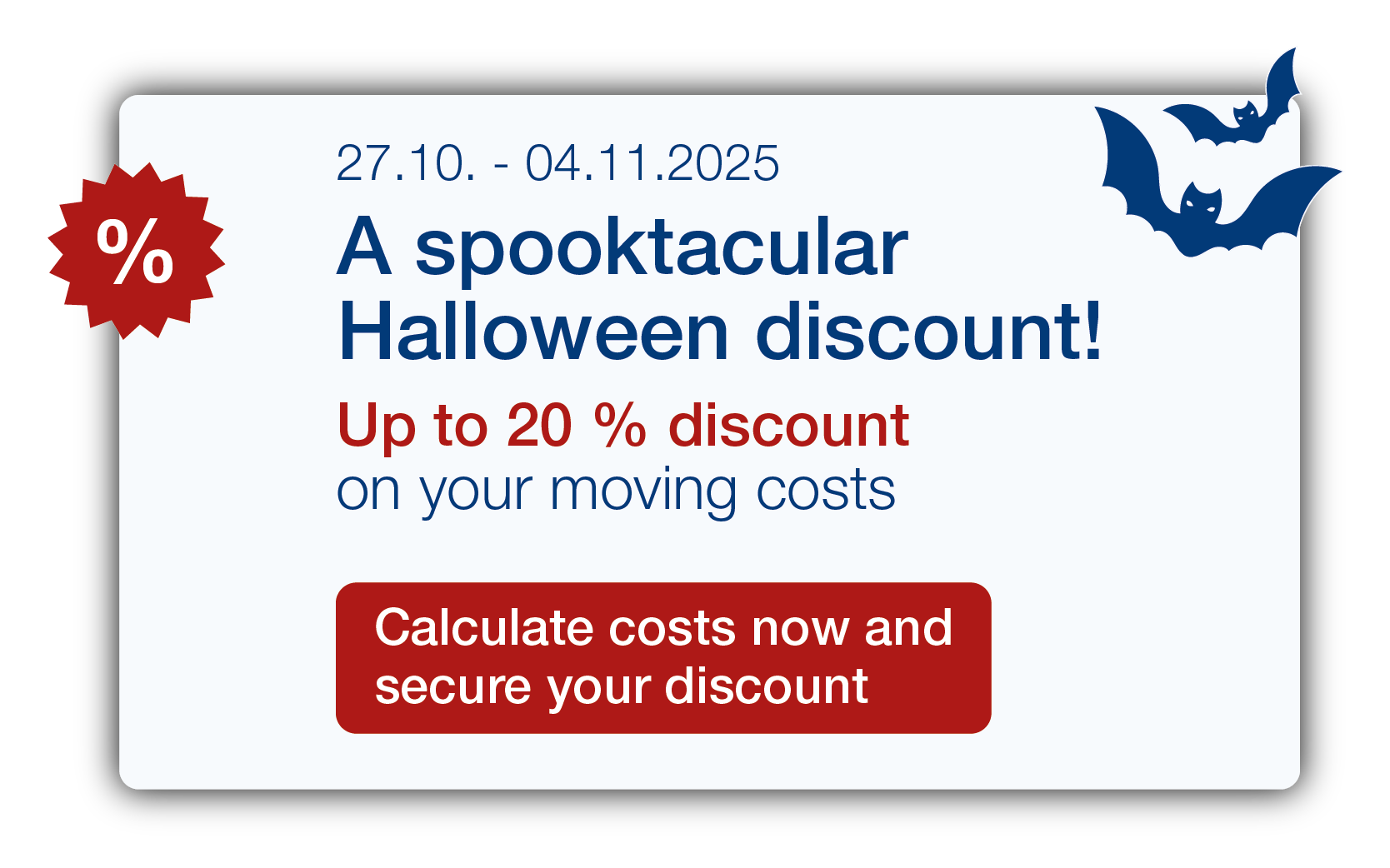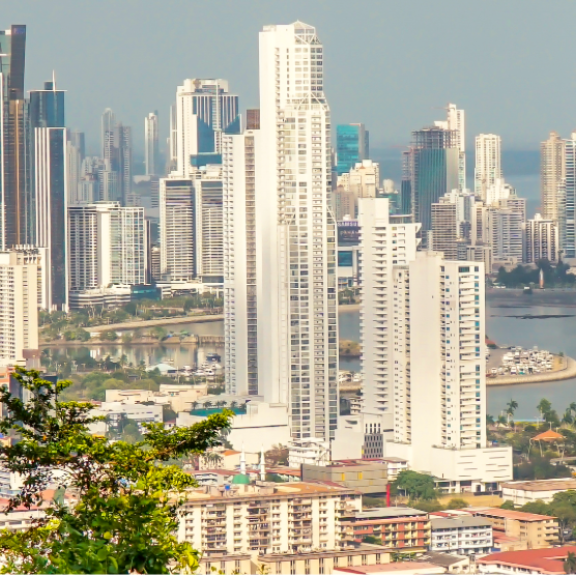
Emigrate to Panama
Emigrate to the Panama: Find out the most important information for your stay here
Emigrating to Panama offers numerous advantages, as the country provides various visa options for permanent residency. Among the most popular are the pensionado visa for retirees with benefits such as tax breaks, the investor visa for investment in business and the friendship visa for citizens of certain countries. When emigrating to Panama, you can expect a lower cost of living than in Western countries, especially in rural areas.
Spanish is the official language, but English is widely spoken in tourist and business areas. Panama also has a territorial tax system in which only income earned in the country is taxed. The security situation is mostly good, with some areas of caution in cities. The tropical climate, good infrastructure in cities and multicultural society make emigrating to Panama particularly attractive.
Facts about Panama
Capital City
Panama-City
Population
4.4 million
Surface Area
29,118.67 mi² or 75,417 km²
Continent
North America
Official Language
spanish
Currency
Balboa (PAB) & US Dollar (USD)
Emigrating to the Panama: An overview of the political system
Panama is a presidential republic with a democratic organization and separation of powers. The president, who is directly elected every five years, is both head of state and head of government. José Raúl Mulino has held this office since July 2024. The 1972 constitution was last reformed in 1983. Regular elections and a stable democracy ensure legal certainty, but challenges such as corruption, social inequality and political tensions persist.
Panama pursues a business-friendly policy and attracts foreign investment, which makes emigration to Panama attractive. In terms of foreign policy, the country maintains close relations with the USA and Western countries, which contributes to stability. Despite an overall good security situation, there are regional differences in crime rates. Anyone wishing to emigrate to Panama should monitor the political and social situation carefully.

Climate in the Panama: Important information for emigrants
Panama has a tropical climate with warm temperatures and high humidity all year round. The dry season lasts from December to April and is considered the most pleasant time with less rain and lower humidity. The rainy season from May to December often brings short, heavy showers, especially in September and October.
If you want to emigrate to Panama, you can expect relatively constant temperatures, usually between 29 and 32 degrees Celsius during the day and 23 to 25 degrees at night. At higher altitudes, such as Boquete, it is cooler, often with fog and fresh nights. The Caribbean coast is significantly wetter with 3000 mm of rain annually, while the Pacific coast is drier (1800 mm).
Emigrating to Panama can be stressful at first for people who are not used to high humidity. The rainy season can affect everyday life due to frequent showers, which is why umbrellas or rainwear are essential. Nevertheless, the constant temperatures allow for an active outdoor lifestyle all year round. It is important for expats to adapt to these climatic conditions and take appropriate precautions.
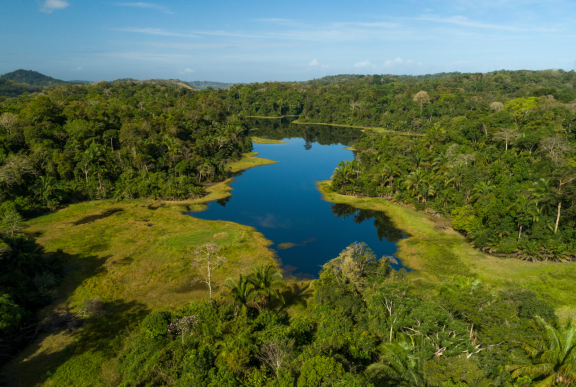
Healthcare system in the Panama: Important facts for emigrants
Panama has a dual healthcare system with a public and a private sector. The public system, financed by contributions to the Caja de Seguro Social (CSS), provides basic healthcare, while the private system offers high-quality but more expensive care in modern facilities. In the cities, especially Panama City, medical care is good, while in rural areas specialists and modern equipment are often limited. Treatment costs in Panama are generally lower than in the US or Europe, but vary depending on the facility.
For those emigrating to Panama, private health insurance is highly recommended to ensure access to quality care and a wider choice of doctors and hospitals. Before emigrating to Panama, it is advisable to find out about recommended vaccinations such as hepatitis A and B, rabies and typhoid, as well as checking the availability of medication. In an emergency, you can call 911. Knowledge of Spanish is helpful to better navigate everyday life and the healthcare system.

Emigrating to Panama: An overview of the economic situation and quality of life
Panama has a gross domestic product per capita of 19,369.48 US dollars. The Gini coefficient of wealth describes the distribution of wealth in Germany. The indicator is an established, internationally comparable measure of wealth inequality. It is measured on a scale from zero to one. The higher the value, the greater the inequality. The Gini coefficient in Panama is expected to be 0.49 in 2025 (source: Statista).
Panama offers a tropical climate, a low cost of living (except in Panama City), a stable economy, good infrastructure and tax advantages. The people are friendly and the nature is diverse, with beaches, rainforests and mountains. The country has a dual healthcare system with low treatment costs. Those considering emigrating to Panama should also expect challenges such as high humidity, bureaucracy and crime. Spanish language skills and private health insurance are recommended for expats. Recreational opportunities include beaches, hiking and a lively nightlife. The local culture is characterized by indigenous traditions and international influences. Overall, Panama offers a high quality of life, but individual needs should be carefully considered before emigrating to Panama.
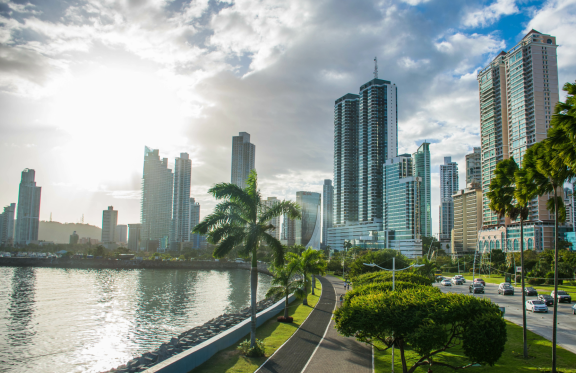
National holiday
Independence from Colombia
Panama Canal - connecting the Atlantic & Pacific
The Panama Canal, one of the most important waterways in the world, is a masterpiece of human engineering. The idea of a canal through the isthmus of Panama originated in the 16th century, but it was not until the late 19th century that construction began under French leadership. After financial and health setbacks, the USA took over the project and completed the canal in 1914. The approximately 82-kilometre-long canal connects Colón on the Atlantic with Panama City on the Pacific and uses a system of locks to raise ships to the level of Lake Gatún. This innovative construction significantly shortens shipping routes and is essential for global trade, particularly between Asia, North America and Europe.
The expansion of the canal now also allows larger "Neopanamax" ships to pass through. Visitors can tour the impressive lock facilities and learn more about the history and operation of the canal. The canal is not only a technical wonder, but also a symbol of Panama and an essential part of the country's economy and identity.
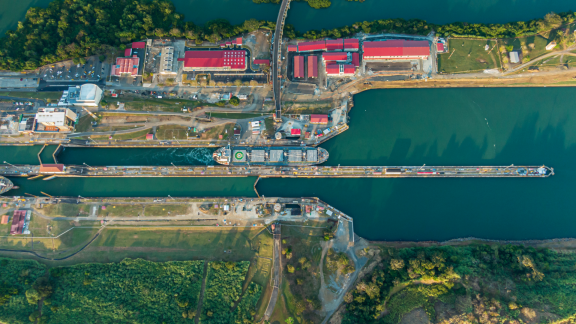
Emigrate to the Panama - Entry Requirements
Entry is possible for German nationals with the following documents:
- Passport: Yes
- Temporary passport: Yes
- Identity card: No
- Temporary identity card: No
- Children's passport: Yes
Notes/minimum validity:
Travel documents must be valid for at least three months at the time of entry and for the entire intended duration of stay if a longer stay in Panama is planned.

FAQs for emigrating to Panama
Where can I find relevant information about my country of entry and the entry regulations that apply there?
We have compiled destination country information as well as entry requirements and customs information for many countries in the Relocation Service section of our website and are constantly expanding this section.
Can I use my own container that I already own for the move with DACHSER & KOLB?
For every removal, which we at DACHSER & KOLB always offer as a door-to-door (full service) removal, a container is rented for the duration of the removal. We therefore do not offer the option of using your own container.
Who is responsible for my move abroad and the services I need there?
As a FIDI member, we work abroad with selected, long-standing partners who work in accordance with our service standards.
Are my removal goods insured in the event of damage?
For every overseas move, we naturally cover transportation insurance at current value for the used household goods and personal belongings
What types of transportation do you offer for overseas relocation?
It is generally possible to carry out overseas removals via air freight or sea freight. In the case of sea freight, it is possible to ship the removal goods as additional cargo (“LCL shipment” with Liftvan) or with a container (FCL shipment in 20 feet, 40 feet or 40 feet high cube). We will be happy to discuss which option is best for you in a personal consultation.
When and how must the move be paid for and what is the payment deadline?
You will receive an invoice a few weeks after placing the order and pay the full amount directly in advance.
Do I have to pay taxes and customs duties on my removal goods?
Removal goods can be imported tax and duty-free into most countries if you have a valid residence permit. We will be happy to check the options for importing the removal goods for your desired destination country in a personal consultation.
Are you interested in moving to Panama or another destination country?
Then do not hesitate and contact us today.
Alexander Brugger
Teamlead Customer Service & Sales - AIR&SEA



